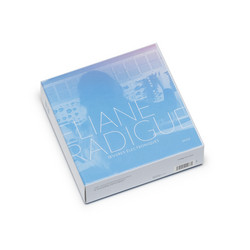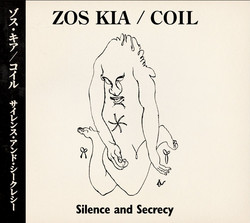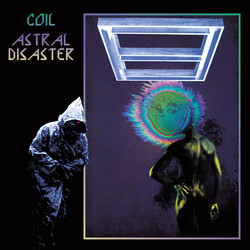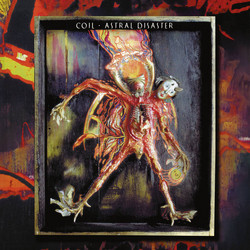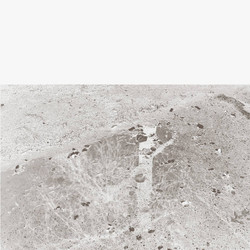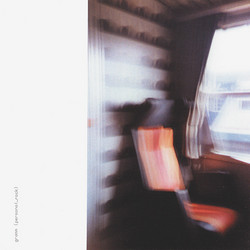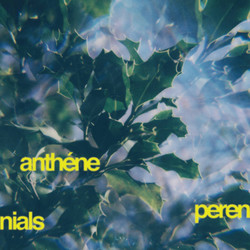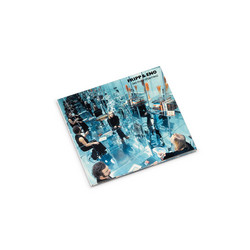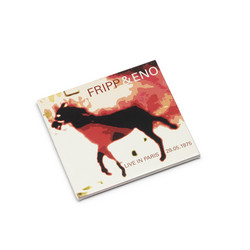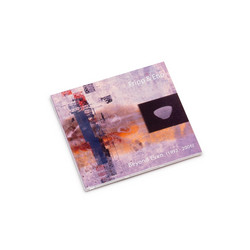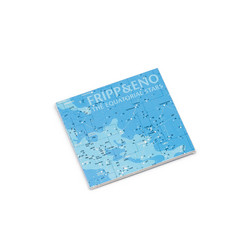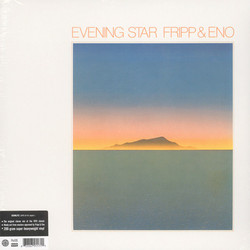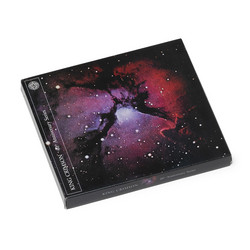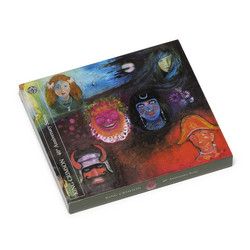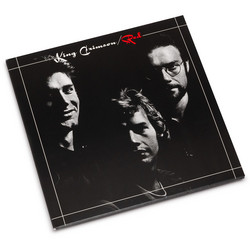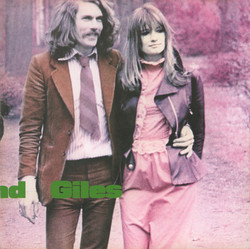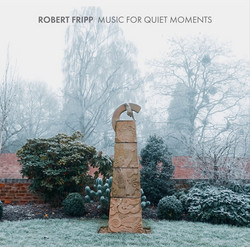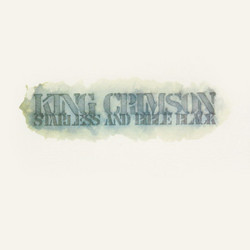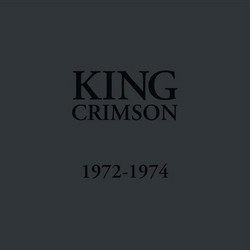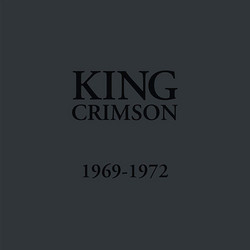Fripp & Eno
No Pussyfooting (2CD)
Lovely expanded reissue! The two side-long tracks (at least, in the days of vinyl) are not, however, merely experiments in improvisation and primitive looping—although that would have been enough. As different as each track is, together they opened a window into an area of possibility that previously did not exist. "The Heavenly Music Corporation" begins with a single, sustaining note, a fifth added a minute in and a gentle pulse created as the loops softly ebb and flow. Despite its harmonic stasis, it's to Robert Fripp and Brian Eno's credit that it not only captivates throughout its 21 minutes, but actually takes on a shape that treads a fine line between the hypnotic and more actively engaging. Even at this early stage, Fripp understood how to layer brief melodic fragments to great effect, while Eno—whose sonic manipulations put him at odds with Roxy Music front man Brian Ferry, ultimately leading to his departure following the release of For Your Pleasure (Warner Bros., 1973)—manipulated Fripp's playing to create big washes of sound, building great, dynamic peaks and valleys.
"Swastika Girls" is more inherently jarring, if only for Eno's oscillating synth, a primitive sequence that underscores its entire 19 minutes. Fripp creates loops of djangling guitar arpeggios over the course of the track's first seven minutes, an inevitable build leading to the reintroduction of the same kind of sustaining legato lines heard on "The Heavenly Music Corporation". This time, however, the overall ambience is more invasive, more dangerous. Despite having a repetitive, two-chord pattern that takes it away from the harmonically static "The Heavenly Music Corporation" it creates a greater sense of unease that the duo would explore to even greater effect two years later on the 29-minute "An Index of Metals," on Evening Star.
This remaster of No Pussyfooting also includes a number of curiosities to flesh it out to two hours across two discs. Not exactly radio-friendly in length, expectations that either track on No Pussyfooting would get much airtime were on the money. But "The Heavenly Music Corporation" did get one official play on UK radio, courtesy of legendary radio personality John Peel. What transpired, however, was a complete broadcast of the piece—but in reverse, the result of a misunderstanding as to how the reel of tape (the BBC's source, rather than the vinyl album) was stored. While the idea of being unable to determine whether or not a piece is being played in the right direction might suggest a problem with the music, it's in fact this kind of happenstance and appreciation of the concept of randomness in music that would begin driving Eno even further, as he began formulating the idea of Ambient Music in 1975. "The Heavenly Music Corporation" not only works in reverse, but makes perfect sense.
